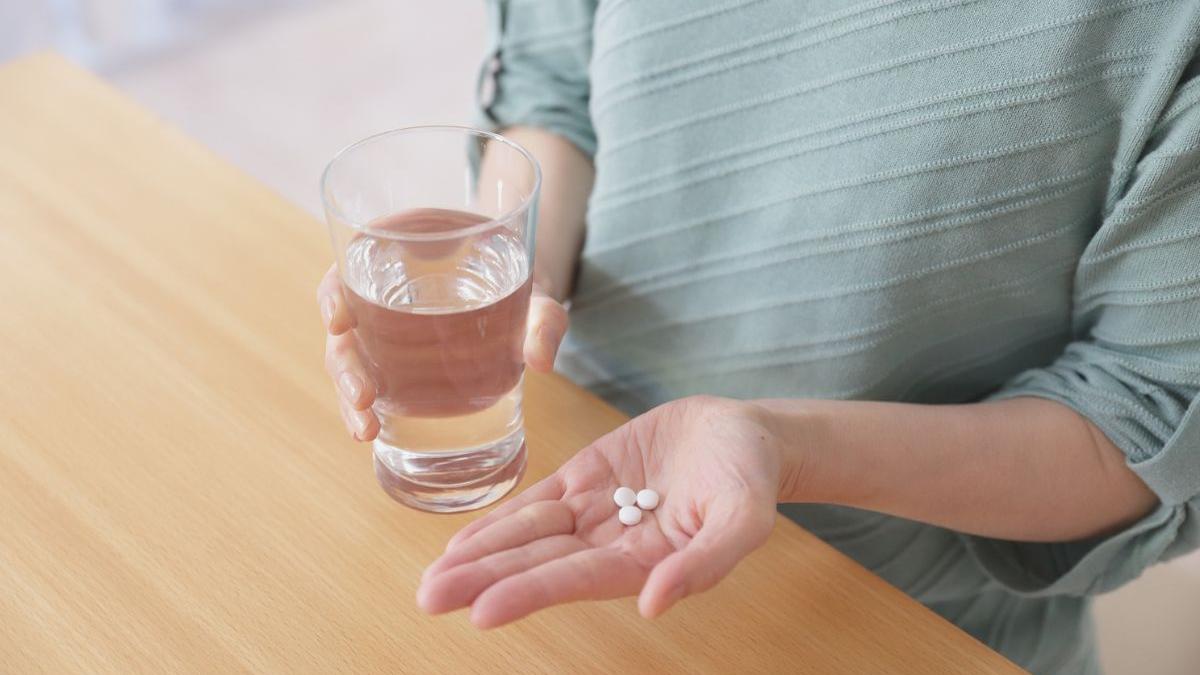A Milestone in Japan’s Reproductive Health Policy
Japan has officially approved the over-the-counter sale of the emergency contraceptive pill, marking a turning point in the nation’s approach to women’s reproductive rights. The medication, produced by ASKA Pharmaceutical, will now be available without a doctor’s prescription for the first time, offering women a more direct and timely way to prevent unwanted pregnancies. This decision follows years of public debate and advocacy from women’s rights organizations that argued Japan lagged far behind global standards.
The newly approved pill, sold under the trademark Norlevo, will be categorized as a “medicine requiring guidance,” meaning it must be taken in the presence of a licensed pharmacist to ensure proper use. Despite this condition, the move is being hailed as a major step toward empowering women to make autonomous decisions about their reproductive health. According to data from the World Health Organization, more than 90 countries already provide over-the-counter access to emergency contraception, highlighting how Japan’s decision aligns with broader international health practices.
The Japanese Ministry of Health, Labour and Welfare confirmed that the approval came after years of deliberation and successful trial programs conducted in 2024. These trials allowed the pill to be sold in select pharmacies nationwide, offering crucial insights into demand and safety.
Breaking Barriers in Women’s Rights and Healthcare Access
Japan’s slow progress in adopting reproductive healthcare reforms has often been attributed to deeply rooted cultural conservatism. A patriarchal system traditionally restricts women’s autonomy over their bodies. Until now, women seeking the morning-after pill had to visit a clinic, undergo an examination, and obtain a prescription. This process could take days and often discouraged victims of sexual assault or younger women from seeking help.
The approval of Norlevo for over-the-counter sale is not just a healthcare reform — it’s a social statement. Rights advocates such as those from Human Rights Watch and local NGOs like Plan International Japan have long argued that prescription barriers violated women’s reproductive freedom and disproportionately affected those in vulnerable situations.
The change follows growing public support for women’s rights and access to reproductive health products. A government-led survey in 2017 revealed that the majority of respondents favored making the pill available without prescription. However, officials initially resisted, citing fears of “irresponsible use.” Advocates countered that such reasoning was outdated and failed to reflect modern societal realities.
Norlevo and its generic version, levonorgestrel, prevent pregnancy by stopping or delaying ovulation and are most effective within 72 hours of unprotected sex, boasting an efficacy rate of up to 80%. Its accessibility, according to healthcare experts, could significantly reduce unplanned pregnancies and promote reproductive education among younger populations.
Japan’s Shift Toward Gender Equality in Health Policy
This policy shift signifies Japan’s broader transition toward gender equality and modern healthcare standards. The move follows the government’s ongoing initiatives to expand access to contraception, promote sexual health education, and encourage gender inclusivity in policymaking. The decision also aligns with Japan’s commitments under the United Nations Sustainable Development Goals, particularly Goal 3 (Good Health and Well-being) and Goal 5 (Gender Equality).
While the new regulation eliminates prescription requirements, it maintains a layer of professional oversight by requiring pharmacist supervision. Advocates see this as a temporary compromise. They aim for full over-the-counter access without pharmacist presence in the future. Critics, however, argue that this step still places unnecessary restrictions on women’s autonomy. This is especially true for those living in rural areas with limited access to pharmacies.
ASKA Pharmaceutical stated that it is preparing for a nationwide rollout, with pricing and distribution details expected in the coming months. Experts predict that demand will be high, especially among young women and those seeking confidential access to emergency contraception.
Japan’s decision to allow the over-the-counter sale of the morning-after pill signals more than regulatory reform. It symbolizes a cultural awakening toward women’s empowerment and bodily autonomy. As the country continues to modernize its healthcare policies, this milestone could inspire further legislative changes. It may support reproductive justice and gender equality across East Asia.
In a society where reproductive health has long been shrouded in silence and stigma, Japan’s new policy represents both a medical advancement and a profound social shift. This shift places women’s rights and choices at the center of public health discourse.



